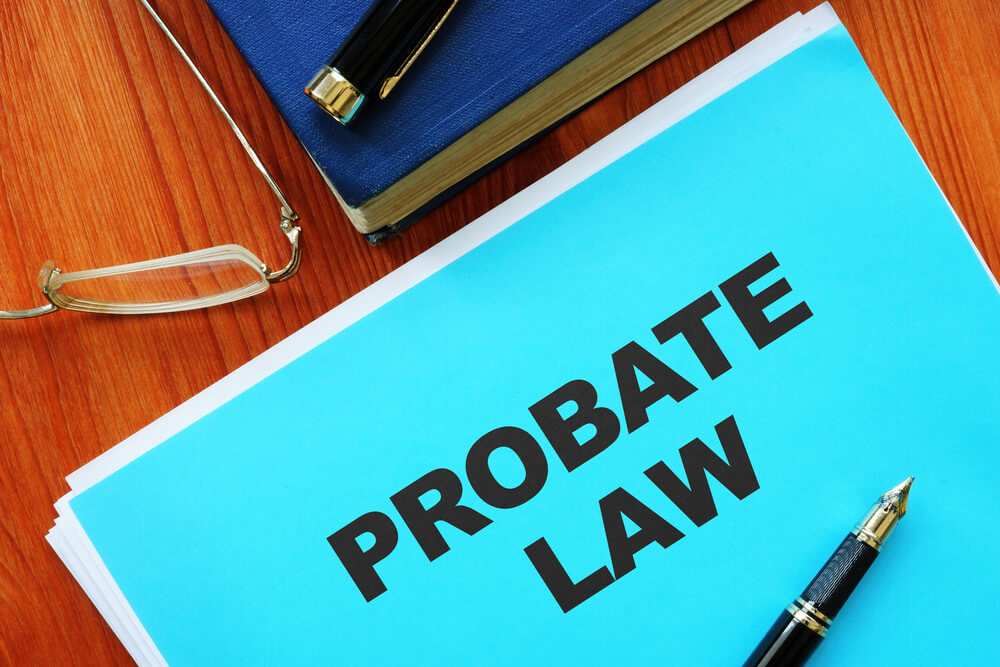Texas Probate Law Questions
Probate Process In Texas
The legal process involving the distribution of assets after a person passes away is referred to as probate. In this case, the assets belong to the person that has died and that means that the assets are distributed to the deceased person’s heirs or beneficiaries. The probate court verifies Wills so that the decedent’s wishes are followed, but if there is no Will, the probate process determines how the assets will be distributed and how the debts will be paid.
You need an experienced probate law attorney to help you ensure that the probate process moves smoothly.
Legal Terms Used When Going Through The Probate Process
How Does Probate Work In Texas
 Most people are unfamiliar with the terms used during the probate process. These terms include:
Most people are unfamiliar with the terms used during the probate process. These terms include:
- Will: A Will is a document containing all the wishes of the decedent concerning how to divide their assets and who the beneficiaries are.
- Decedent: The term decedent is a legal term used to refer to the person who has died and whose property is being taken through the probate process.
- Estate: Estate is just a general term for all the assets that the decedent owns. These include bank accounts, real estate, bonds and stocks, vehicles, personal belongings, and more.
- Executor: People often name the person they want to be the executor of their estate in their Will. The executor has to list all the assets that are in the decedent’s estate, and then distribute assets to beneficiaries as instructed in the Will. But if the estate owes taxes and debts, the executor has to use the assets to pay these expenses before distributing the remaining assets to heirs. If there are claims owed to the estate, then the executor has to hire an attorney to file a lawsuit so that the estate can be paid.
- Administrator: Some people may not name an executor in their will or die without a will. In this case, a court will appoint an administrator who will act as the executor of the estate.
- Beneficiaries: These are the people who receive the assets of the decedent. Beneficiaries are often the close family or loved ones of the decedent.
What To Do If There Is A Will
Is Probate Required In Texas
When a loved one dies leaving behind a will, the will is only effective after it is validated. A will goes through the probate process to be validated. It is through this process that an executor is identified or an administrator is appointed.
If there is no will, a court can handle all the affairs of the estate or delegate that duty to an administrator appointed by the court. When the court handles all the affairs of the estate, it means that all the distribution of assets, payment of liabilities, and every other step in the process has to be approved by the court. This is called dependent administration.
But if the court appoints an administrator to handle all the affairs of the estate, it’s called independent administration. This is because the administrator has the power to make decisions about the estate and only has to report back to the court.